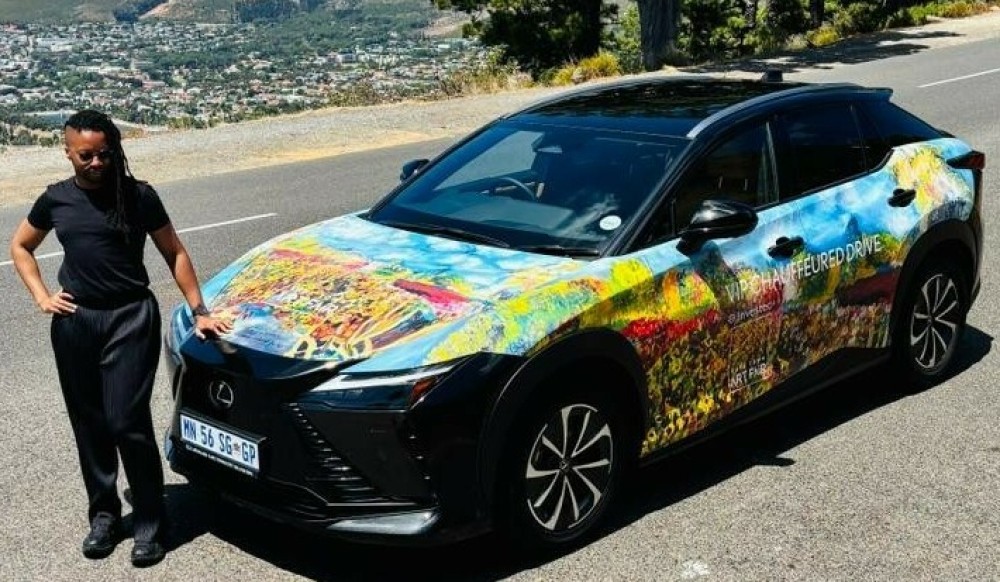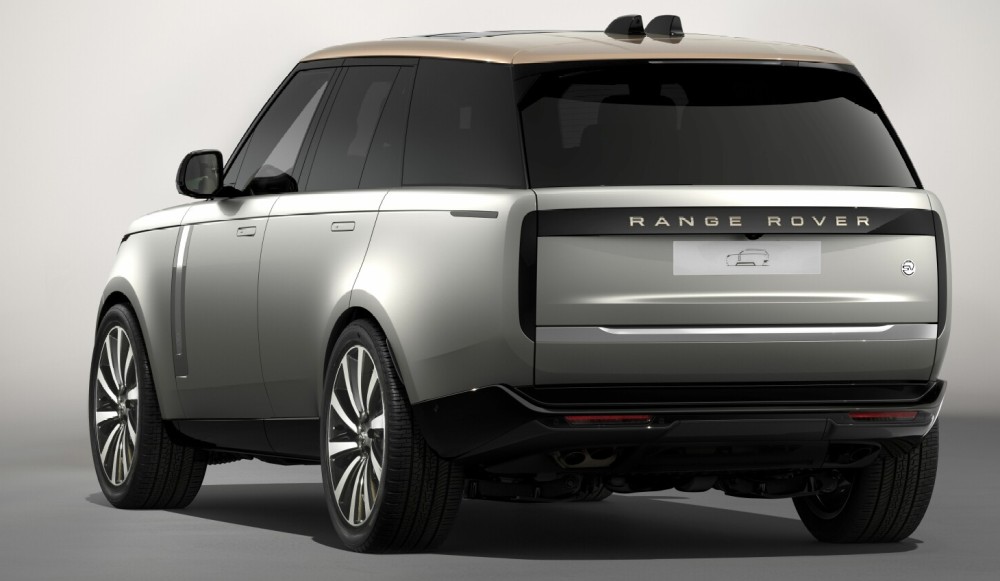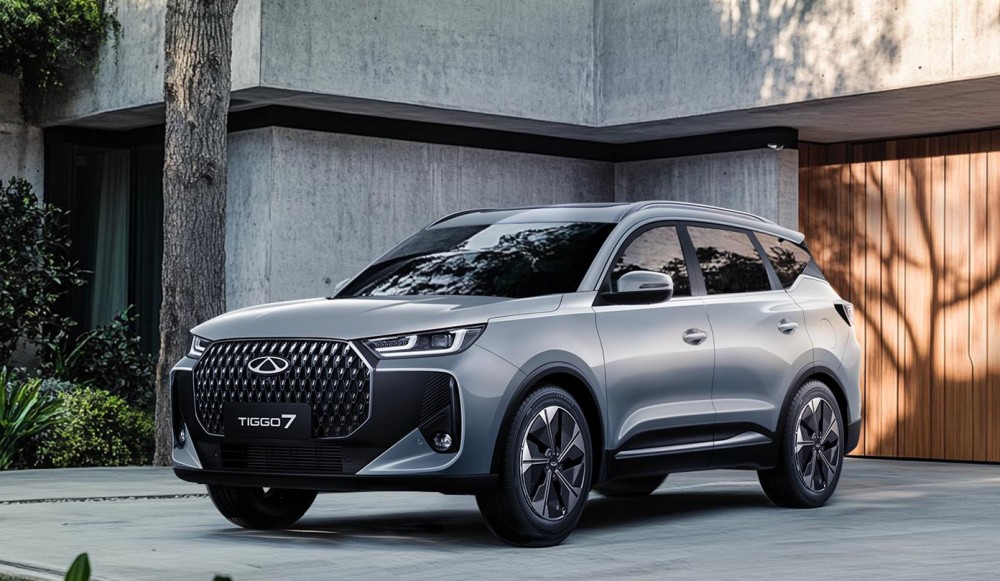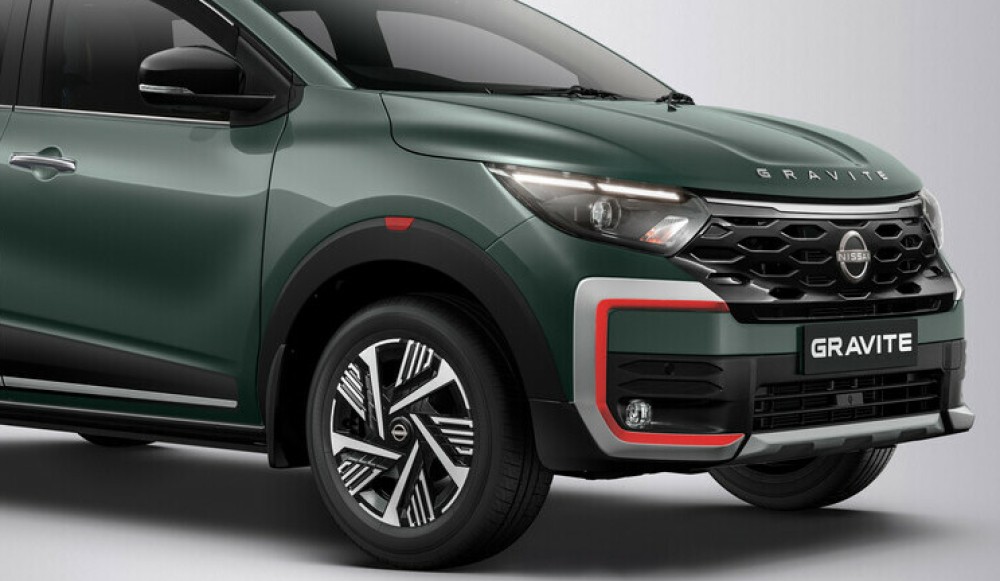CAIRO: The African automotive sector is surging ahead with new projects and new plans for both assembly and the manufacture of parts to feed what is hoped will become a voracious beast – provided even more cooperation and support can be gained from governments across the continent.
Steady progress towards realising an African Free Trade Agreement (AfCFTA) is being made with countries such as Nigeria, Ghana, Kenya, Morocco and Egypt fully committed to making it work while, simultaneously, energising their own auto programmes.
The President of the African Association of Automotive Manufacturers (AAAM) and Managing Director of Volkswagen South Africa, Martina Biene, said at the opening of the Africa Automotive Show in Cairo: “There are multiple opportunities for everyone in Africa to be a part of the combined value chain.
 Martina Biene
Martina Biene
“A comprehensive automotive policy creates the framework for trade and will build new car demand but remains dependent on economies of scale and any policy framework must serve to increase that demand.”
Presenting the results of a ‘roadmap’ study done in Egypt on powertrain evolution, Dylan Jessup, Automotive Sector Incentives Manager at EY South Africa, said battery electric vehicles (BEV) was “not the panacea” and that each segment in the possible alternative power source options needed to be evaluated separately and specifically for each country to “determine economic, environmental and social benefits”.
“South Africa’s auto industry is very built on a trade based policy but we need to look at regional integration and establish a healthy supply chain (that could involve beneficiating the raw materials mined in various countries rather than sending them away only to be re-imported).
“Each country needs to look at it strengths and work on those and the actual implementation of the AfCFTA will then make trade easier.”
Of the issues demaning urgent attention is the one on fuel quality with much of Africa still running Euro II specification whereas Europe is moving to Euro VII.
 Rynhardt Rall, Regional Product Manager for Nissan pointed out the automaker had two plants in Africa – South Africa and Egypt – saying: “It is very expensive to run internal combustion engine (ICE) vehicles on Euro VII fuel but Africa does not need to go head-to-head or play catchup.
Rynhardt Rall, Regional Product Manager for Nissan pointed out the automaker had two plants in Africa – South Africa and Egypt – saying: “It is very expensive to run internal combustion engine (ICE) vehicles on Euro VII fuel but Africa does not need to go head-to-head or play catchup.
“Africa is rich in natural resources so it makes good sense to utilise that,” he says.
Biene concurred and added the low level fuel meant Volkswagen could not introduce some of its latest generation hybrid vehicles that simply could not run on Euro II fuel.
“The South African government has to become more pro-active on this issue.”
The Intra Africa Trade Fair (IATF) is a massive multi-cultural event covering many aspects of trade and industry and, while a large and very significant element, the Auto Show is just a part of an entity where deals worth billions of Dollars are being done by Africans for Africans.
In a keynote speech read on his behalf, Morocco’s King Mohammed VI said: “Africa needs now more than ever bold, innovative initiatives to encourage private entrepreneurship and unleash the full potential of our continent.
“Over the past two decades, Morocco has made infrastructure development a priority in all economic sectors and is pushing toward its goal of deriving more than 52% of its national electricity mix from renewable energy by 2030.”
The King also stressed African countries should enhance “coordination and cooperation mechanisms to drive regional integration”, citing the Morocco-Nigeria Gas Pipeline Project he says will “enable all countries along the pipeline route to have access to reliable energy supplies and to be more resilient to exogenous energy price shocks”.
There is a slender thread that links all of the different activities and interests at IATF and literary superstar Chimamanda Ngozi Adichie and Narrative Landscape Press announced the launch of The CANEX Prize for Publishing in Africa.
Why does this matter?
“Stories can give us the confidence to own our aspirations,” says the writer. “CANEX is about hope – the hope of many more African stories. We need more African countries. Stories matter. Stories can take away dignity, but they can also restore dignity. Stories shape politics and perceptions.”
And that is the thread – reshaping politics and perception to benefit all Africans – and in his keynote address, Dr Akinwumi A Adesina, President of the African Development Bank Group, highlighted Africa’s prospects as a prime investment destination.
“The continent is not as risky as perceived, is growing and showing resilience despite global challenges. As investors, put your monies where the future is — the future is Africa.”
 Part of the South Africa Pavilion at IATF
Part of the South Africa Pavilion at IATF
The President of Comoros, Azali Assoumani, pointed out manufactured African exports account for just 1% of world exports.
“We export them to developed countries and these countries re-export them to us processed and sell them back to us at ten times the price. Despite the obstacles, there are enormous opportunities for the development of value chains in Africa.”
Alec Erwin, former Minister of Trade and Industry now a driving force in the efforts of AAAM remarked the early 90’s in South Africa brought new challenges and the realisation the economy had to grow.
“Simply put, South Africa’s auto industry could not survive the way it was and that led to it changing to a volume production scenario which it managed very successfully. For Africa a similar system is needed that will let us all grow and, while there may be some policy differences, it will all be based on trade – and that is why AfCFTA is so vitally important.”
 In a video address Anand Pather, Vice President Customer Services at Toyota South Africa, said: “Africa needs a comprehensive safety policy across the auto industry, something like the South African Bureau of Standards that will oversee all of the parts supply chain to ensure equal and high standards are maintained.”
In a video address Anand Pather, Vice President Customer Services at Toyota South Africa, said: “Africa needs a comprehensive safety policy across the auto industry, something like the South African Bureau of Standards that will oversee all of the parts supply chain to ensure equal and high standards are maintained.”
If some of what AAAM and various African governments are talking about seems a bit ‘pie-in-the-sky’, think on this – the Start/Stop button so common in cars today started life as an Egyptian patent.
Colin Windell – proudly ALL THINGS MOTORING








